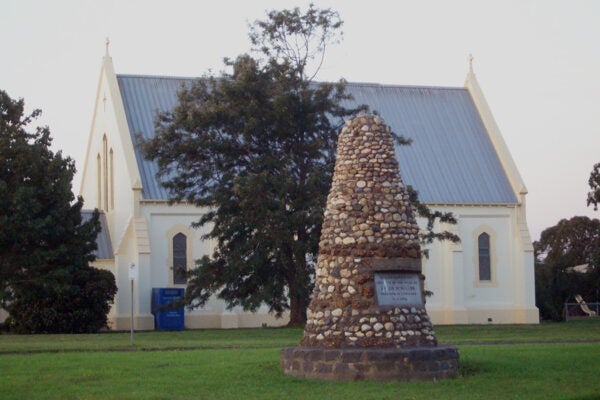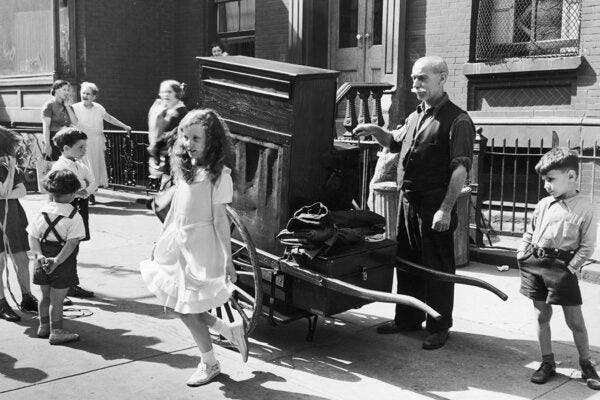Foreign powers have been interfering in our politics since day one. In fact, it is doubtful whether the American revolution against Great Britain would have succeeded without foreign inference. The French contributed money and soldiers and their navy, as well as the Marquis de Lafayette, who was 19 when he arrived in America. Spain helped with funding and fought Britain on a second front. The Dutch were instrumental with diplomatic and financial aid.
Of course, from the American perspective these interventions were welcome. From the British side, not so much. Then again, the British also had significant help. Hessian mercenaries bulked up a British army reluctant to fight their countrymen across the Atlantic.
France, Spain, and the Netherlands did not get involved in the American Revolution out of altruism. Lafayette welcomed the birth of a republic, but the imperial powers were in it for international power politics, to strike a blow against their common enemy. Catholic Spain and France had long been antagonistic toward Protestant Britain. The Netherlands had seen their empire contract in the face of British expansion and were itching to score some points.
Leslie Lipson calls the French response “primitive, an act of pure retaliation” for their losses in North America in the Seven Year’s War (1756-1763). “The Dutch also were willing for a coup at the expense of their commercial rivals,” and the bankers of Amsterdam saw a penniless but promising America as a very good investment. Spain was eager to recoup ports in Florida lost in 1763.
Weekly Newsletter
Ironically, these doulas of the American republic would all be transformed by the energies released by the very nation they helped give birth to. The twinned ideas of democracy and republicanism were what Lipson calls a “shock-wave” that rolled over Europe and the world. It crested in France first, in the Revolution that began in 1789. (Lafayette, who escaped the Terror and lived to see the next revolution, of 1830, was imprisoned for five years in Austria during the revolutionary chaos.) The liberation of the Spanish and Portuguese colonies in the Americas would follow through the next century.
“Was it discerned in Paris and the Hague,” asks Lipson, “that their actions might one day seal the doom of their own empires?” The answer is no, of course not. “As is customary for governments, their short-run gain, political and financial, obstructed the longer view.”







